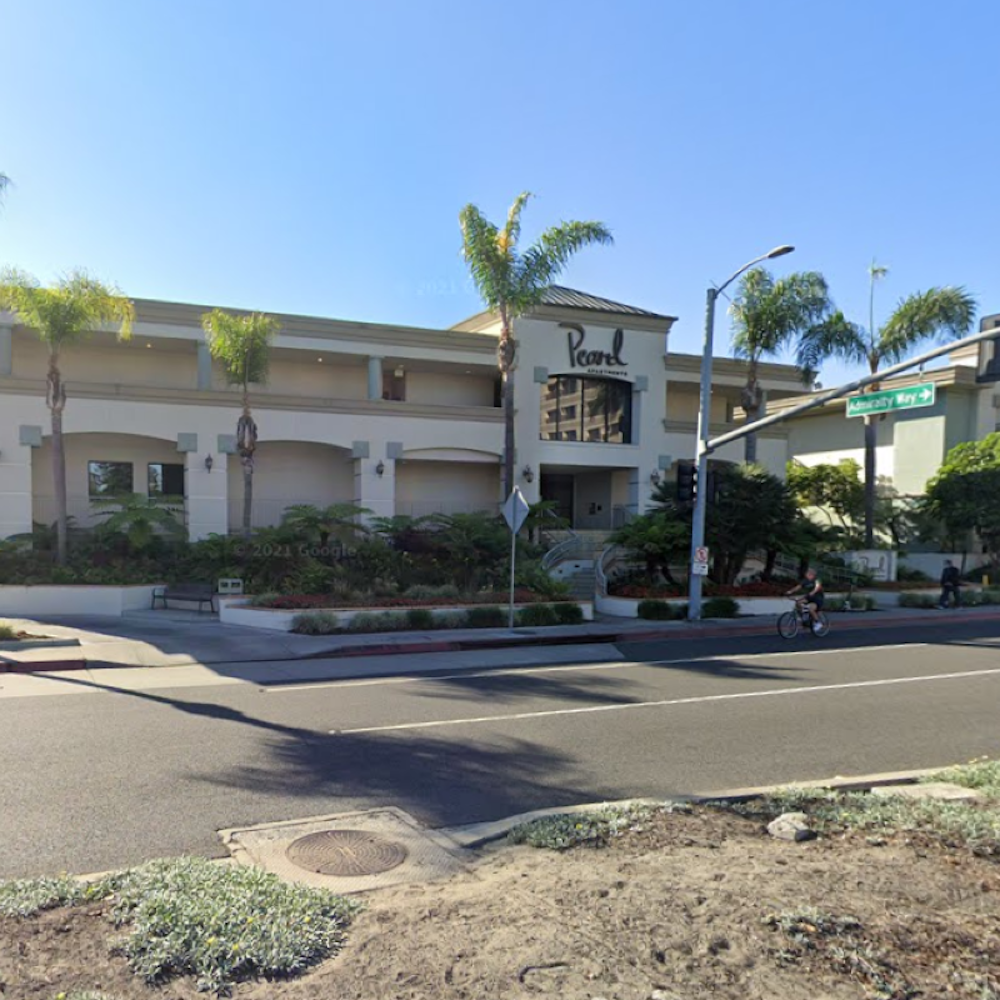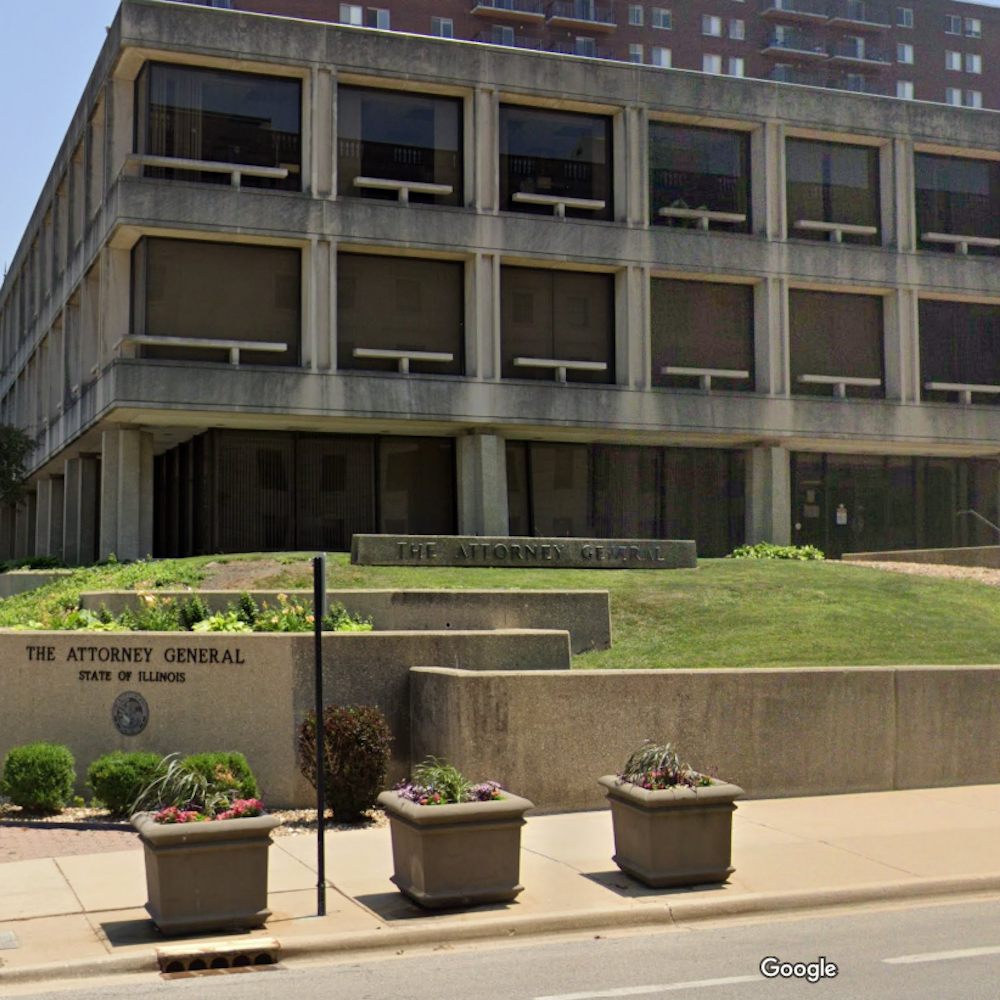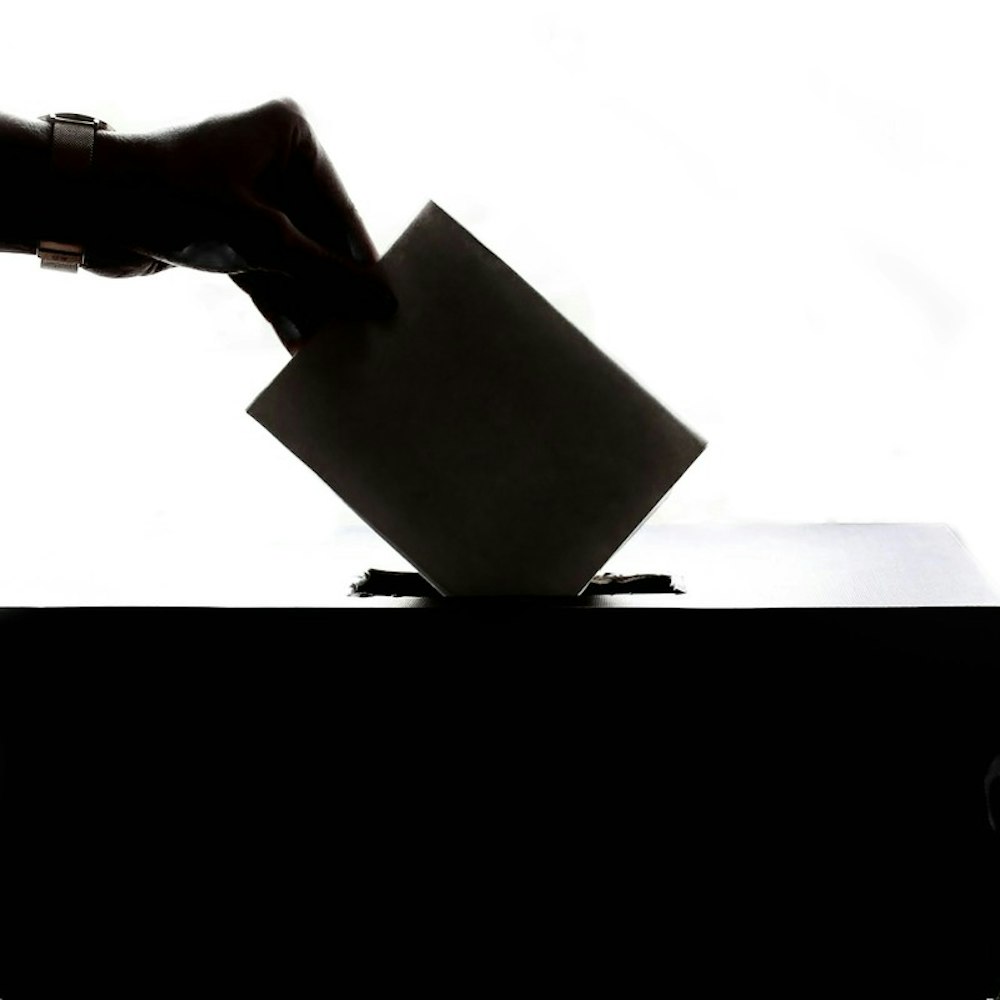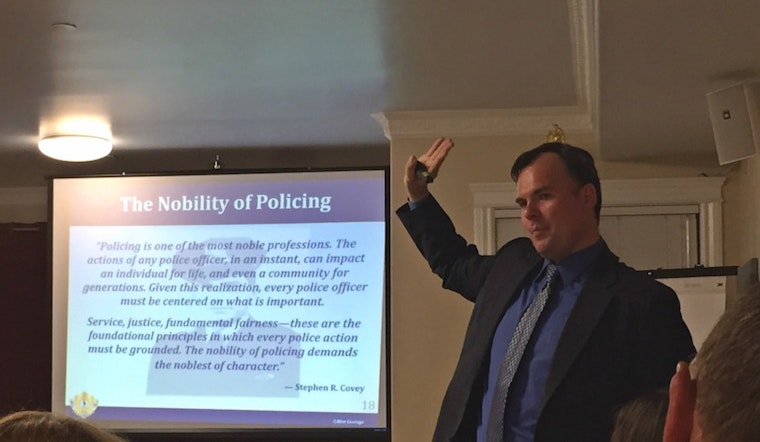
You may not know it, but a local association serving part of the Inner Sunset and Sunset Heights has been keeping busy hosting unique talks on civic, political, and cultural topics in the neighborhood.
Called the Sunset Heights Association for Responsible People (SHARP), the civic-minded group began as the Sunset Heights Improvement Club in the 1890s and is one of the few groups of its kind in San Francisco to own its headquarters.
One Monday night, members of the group gathered to hear a presentation on Blue Courage, a “reform-minded police training program,” according to Lt. Jack Hart, lawyer and 14-year SFPD veteran. About 25 people attended the meeting, held at the group’s headquarters at 1736 9th Ave.
Blue Courage is a holistic officer training program focused on “heartset” and “mindset” that draws from research on human effectiveness, positive psychology, leadership development and neuroscience, said Hart. The program includes keynote presentations, two-day workshops and a leadership academy. Hart has conducted Blue Courage across the country, from Los Angeles and Las Vegas to Boston, Philadelphia, and New York.
Hart is a native San Franciscan and USF law school graduate who wears the same badge number that appeared on his great-grandfather’s star, a symbol of his deep connection to the city. About three or four years ago, “I started to look at my coworkers and the people around me, and I started to feel something inside myself that wasn’t so great.” In the last four years, Hart said he’s observed widespread dissatisfaction, divorces and six suicides in the department.
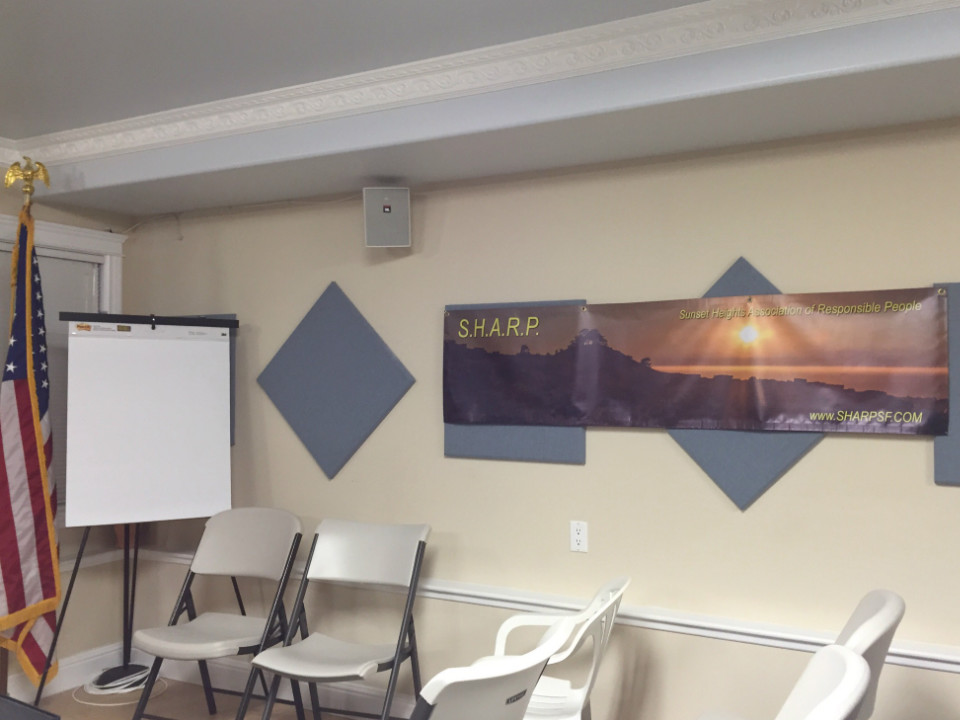
Although he considered resigning due to some of the “horrible things that are going on by people who wear uniforms that are similar to me,” Hart said he decided to stay so he could figure out how he could help fix things.
Hart took a class from Michael Nila, Blue Courage co-founder and co-author of The Nobility of Policing. Nila’s work was informed by a neuroscientist who studied the brains of police officers and concluded that the “impoverished environments” cops work in are similar to those experienced by prisoners of war.
Hart said most cops get into the profession to make a positive impact, adding that police academy recruits are by and large “innocent, curious, and compassionate,” even though cynicism often sets in after years on the job. “We did not hire police officers like that,” he said, referring to eight SFPD officers recently fired over racist text messages. “We did not hire a police officer to go out and shoot a guy eight times in the back [in South Carolina]. Baltimore didn’t hire [officers] to break somebody’s back.”
Rather than just distancing themselves from violence, Hart said departments need to start asking tough questions about what departments can do differently. To illustrate his point, he showed slides of a NYPD officer who bought boots for a homeless man and a now-iconic photo of a white officer hugging an African American boy at a December Ferguson rally in Portland, Oregon. “How do I develop cops like this?” Hart asked.
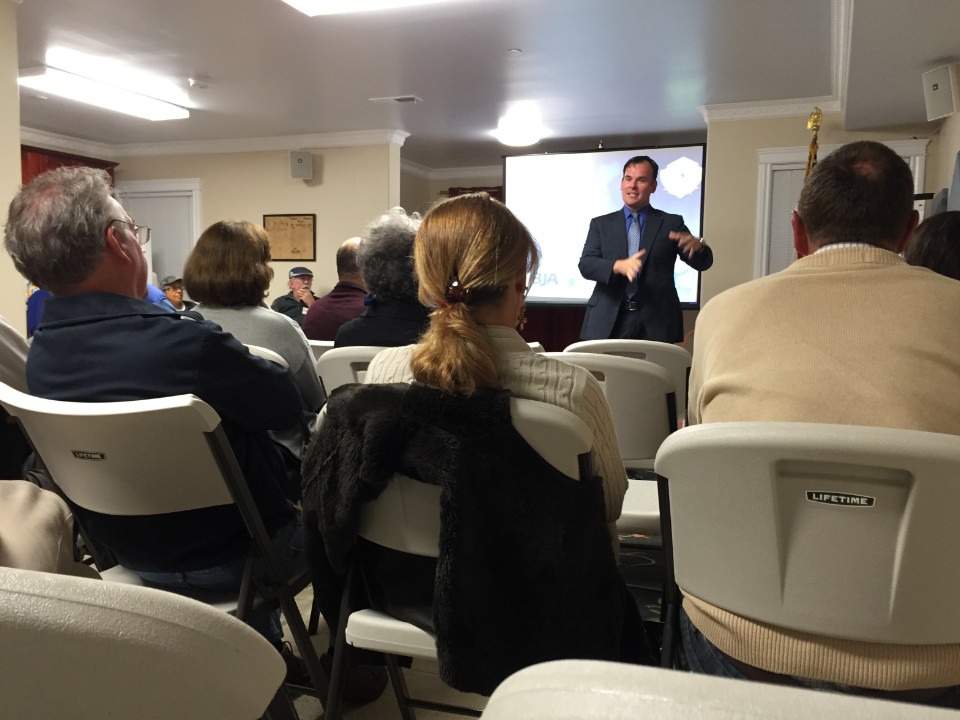
Hart discussed four obstacles to police improvement: anti-intellectualism, violence, corruption, and discourtesy. He described cynicism as “21st century corruption” and acknowledged that discourtesy is probably the most common civilian complaint about officer interactions.
He said police officers sometimes resort to violence because they have to enter dangerous situations, which gives rise to suspicion, as “it’s easier for us to control people than it is to persuade them.” However, Hart stressed the need for prudence. “We have to be as tough as the world expects us to be, but we need to be as soft as the situation allows us to be.” Hart said police need to have the courage to “look into the mirror and say, ‘Where can I be doing better?’”
Now that there’s an ongoing conversation about how police interact with citizens, departments are starting to talk more about “police legitimacy,” the community’s view that police action is warranted. Hart said many officers dug in their heels after the Eric Garner case because they’re trained that if all elements of a crime are met, they can use force to effect an arrest and overcome resistance. Police protocols aside, “the community needs to view our actions as legitimate, as reasonable,” said Hart.
Toward the end of the talk, Hart showed a "60 Minutes" clip about an officer with zero citizen complaints in his record. Smiling drivers who’d just received traffic citations attributed it to his courteous demeanor. “There’s a way to do this job and be respectful,” Hart said. “There’s a way to talk to people and not look down on them.”
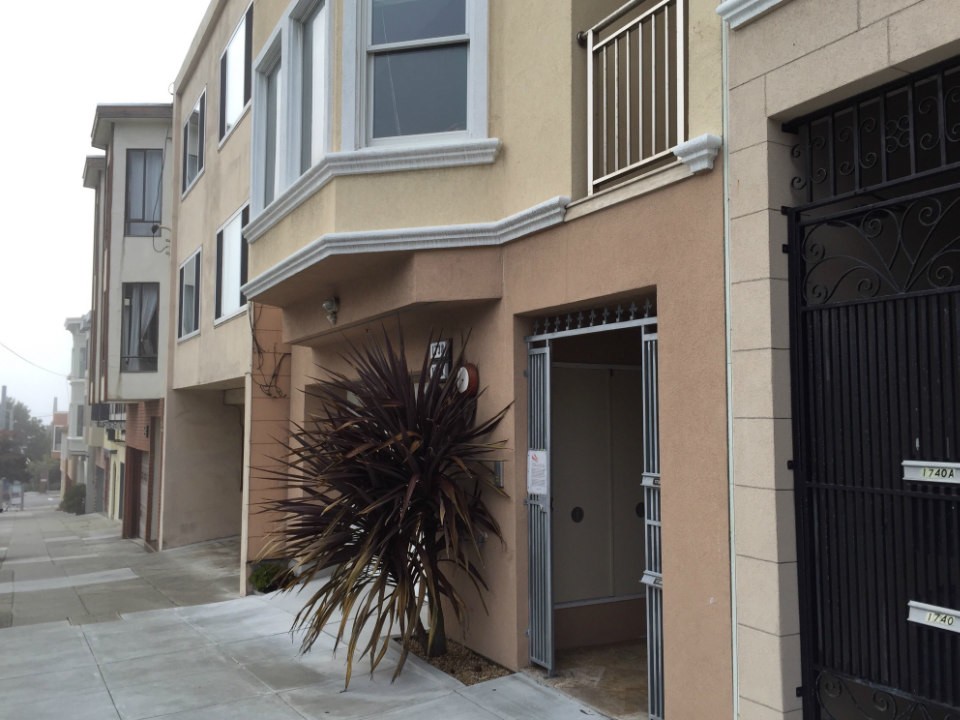
After the talk, several audience members asked questions about measuring the program’s effectiveness, police department support for the program, officer counseling, model departments, female officers, uniforms, and methods for combating cynicism.
Hart acknowledged the difficulty of quantifying the program’s impact, but said he had heard anecdotal success stories, and agreed that police departments need to be on board and not all are. He said that SFPD officers receive 10 free counseling sessions but expressed concern that the SFPD text messaging scandal would move conversations about implicit bias underground.
He cited Tampa, Seattle, and Atlanta as departments taking commendable steps and said he appreciated the listening style of his fellow female officers. Regarding combating cynicism, Hart cited Blue Courage’s eight training modules, which include meditation, resilience training, and stress tolerance.
Hart concluded by saying, “We need to do the hard work to earn your trust and respect back. And that’s on us. And I think it starts with this.”
SHARP meets at 7pm on the last Monday of the month in a ground-floor meeting space at1736 9th Ave; doors open at 6:30pm for "cookies and conversation." On May 18th, SHARP will host Zahra Billoo, a civil rights attorney and Executive Director of the San Francisco Bay Area office of the Council on American-Islamic Relations (CAIR-SFBA).
SHARP membership dues are $10.00/year ($20 for a family membership), and membership is open to anyone who lives or works in the area bounded by Lincoln Boulevard, 5th Avenue-Laguna Honda, Dewey-Taraval, and 19th Avenue. For more information on SHARP, it's upcoming meetings and how to join, check out SHARP's website.
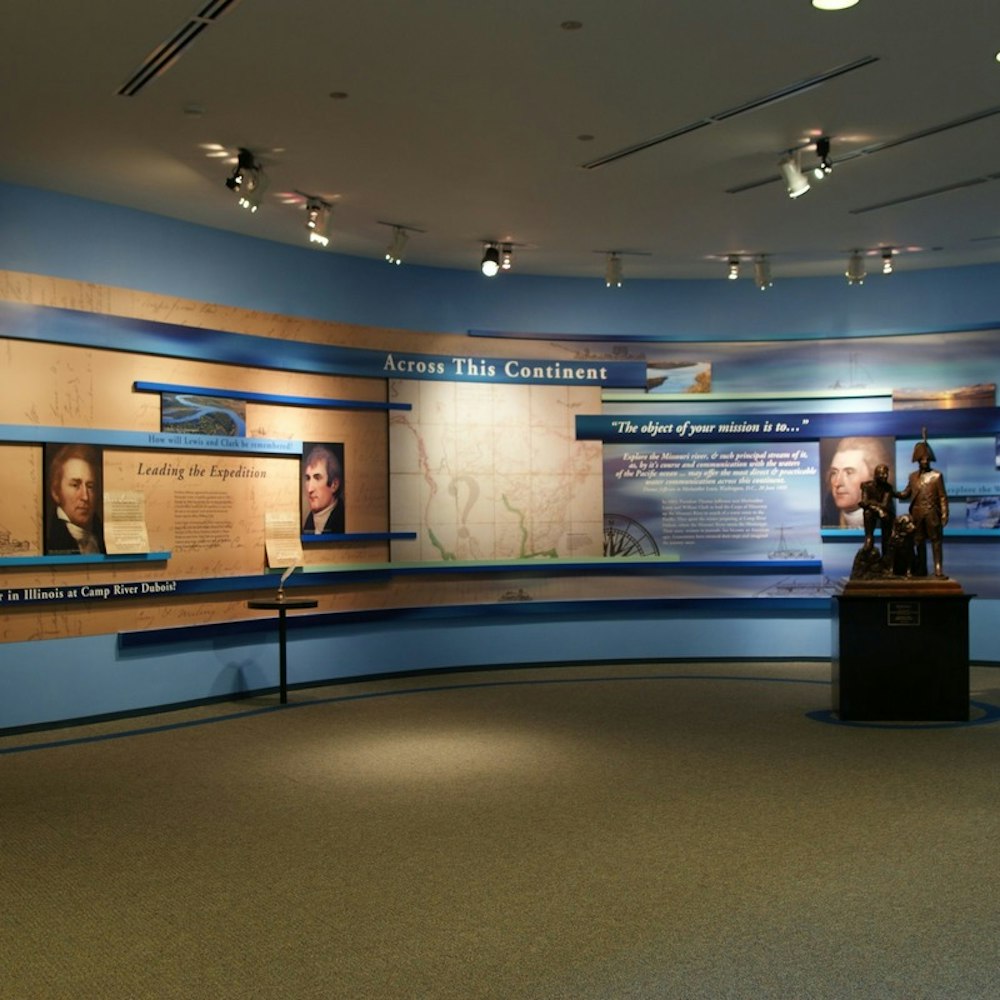
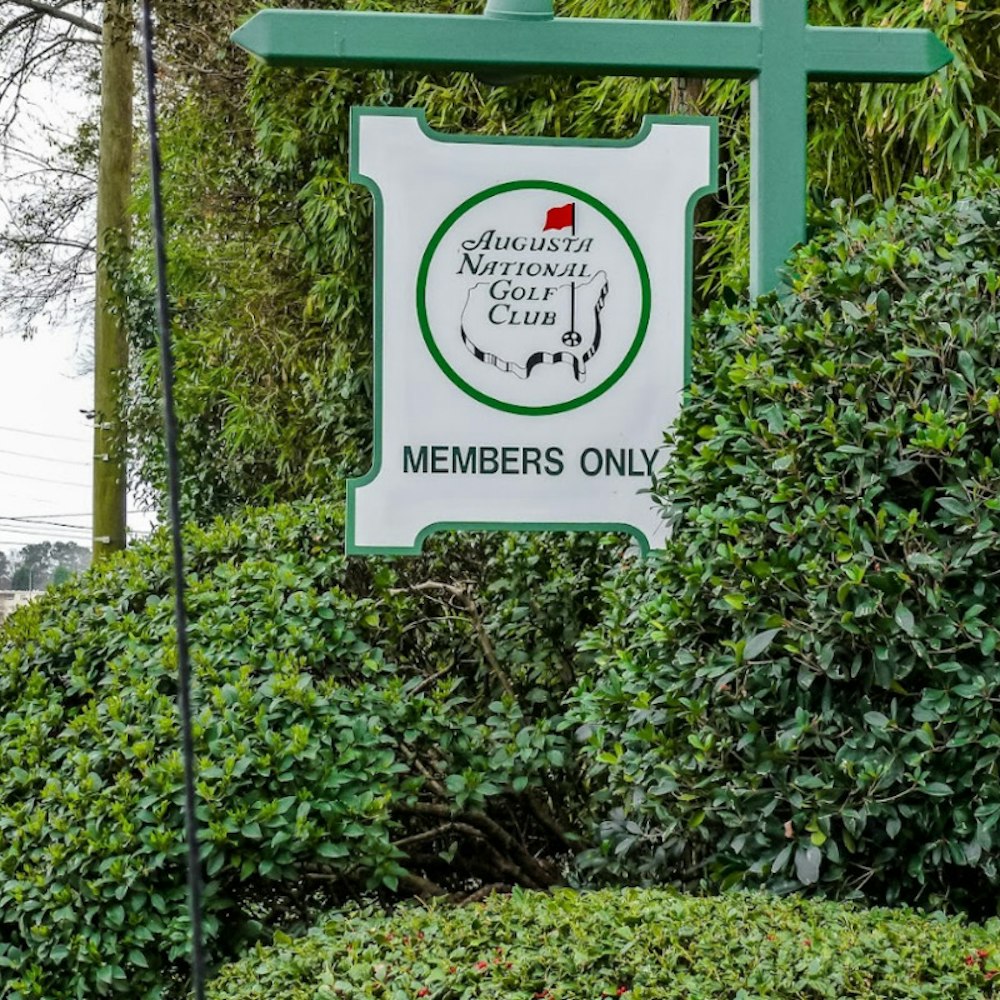



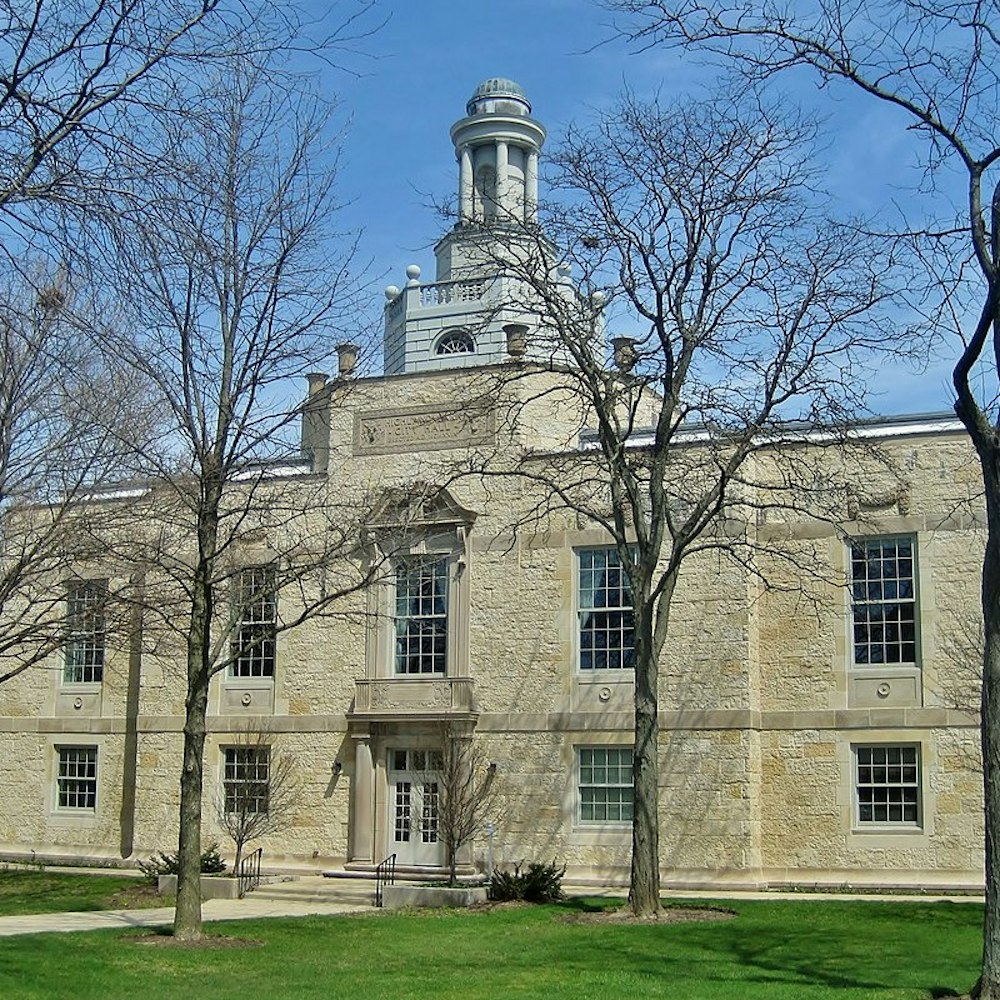
-2.webp?w=1000&h=1000&fit=crop&crop:edges)
